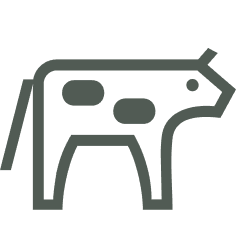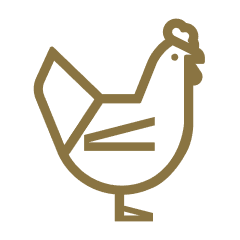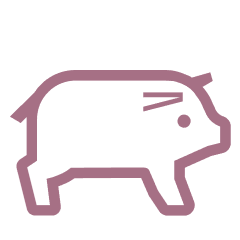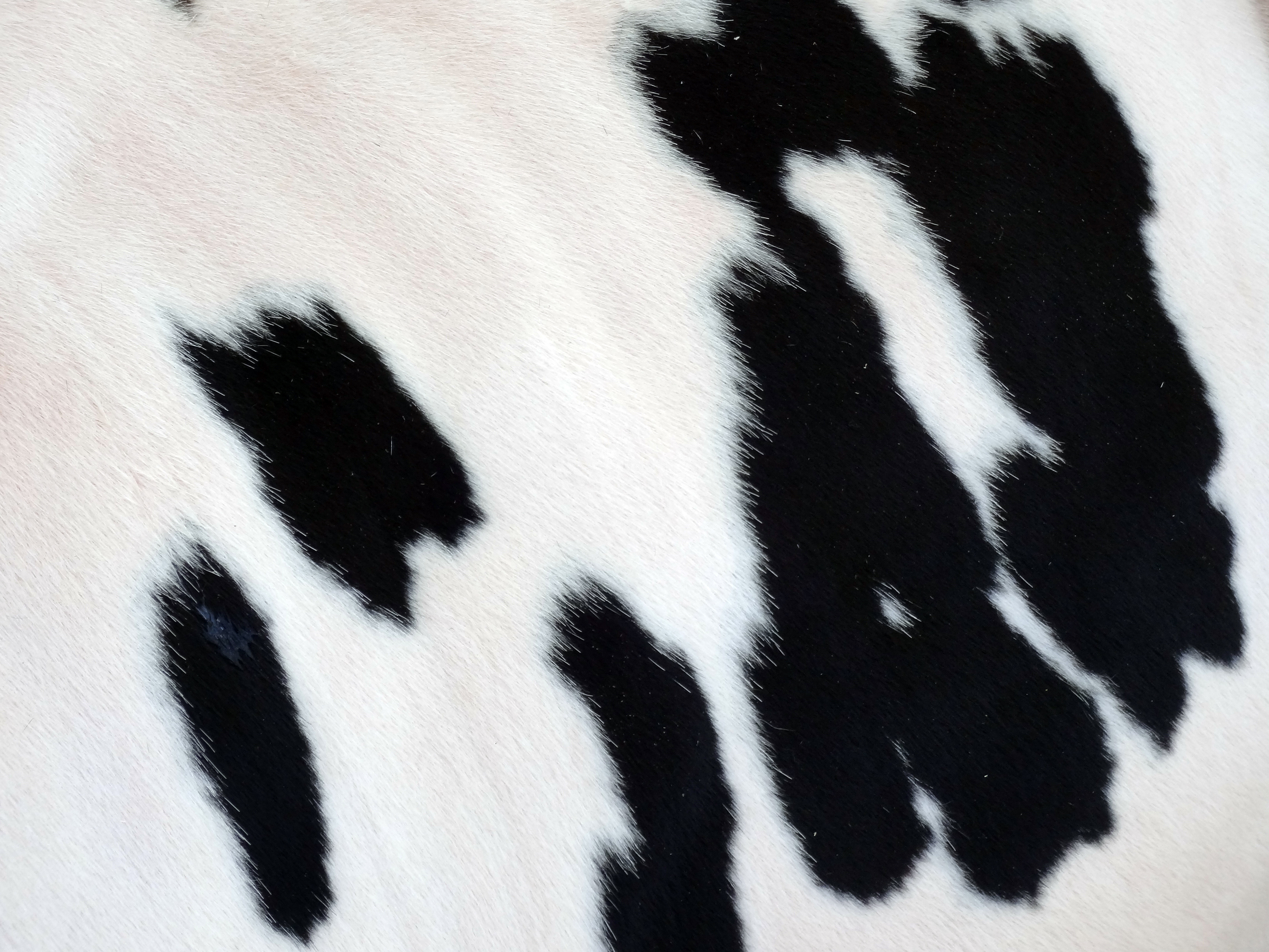Summary
Heat exposure compromises the gastrointestinal barrier and leads to inflammation in non-ruminants. Our results indicate that heat stress increases gut permeability and inflammation markers rapidly and independently of dietary intake. However, our findings suggest that the quickly developed increase in gastrointestinal permeability reduce with time. Dietary organic acid and pure botanical supplementation is common practice in swine and poultry production, and science now suggests that we consider the practice in lactating dairy cows. The justification is the ability of OA/PB feeding to enhance feed intake, intestinal functionality, and reduce gastrointestinal bacterial pathogens. This said, microencapsulation of OA/PB to avoid rumen degradation of these compounds is likely needed in dairy cattle to elicit benefits in the lower gut. Our findings in heat-stressed lactating Holstein cows are early evidence that dietary microencapsulated OA/PB feeding is a means to partially restore feed intake, milk production and N incorporation in milk. On-going investigations are examining gastrointestinal bacterial profiles in relation to differing environments and whether dietary OA/PB influences the gastrointestinal bacteria profile in relation to exposure to heat stress environmentFor more information: marketing@vetagro.comRead the full article here.









